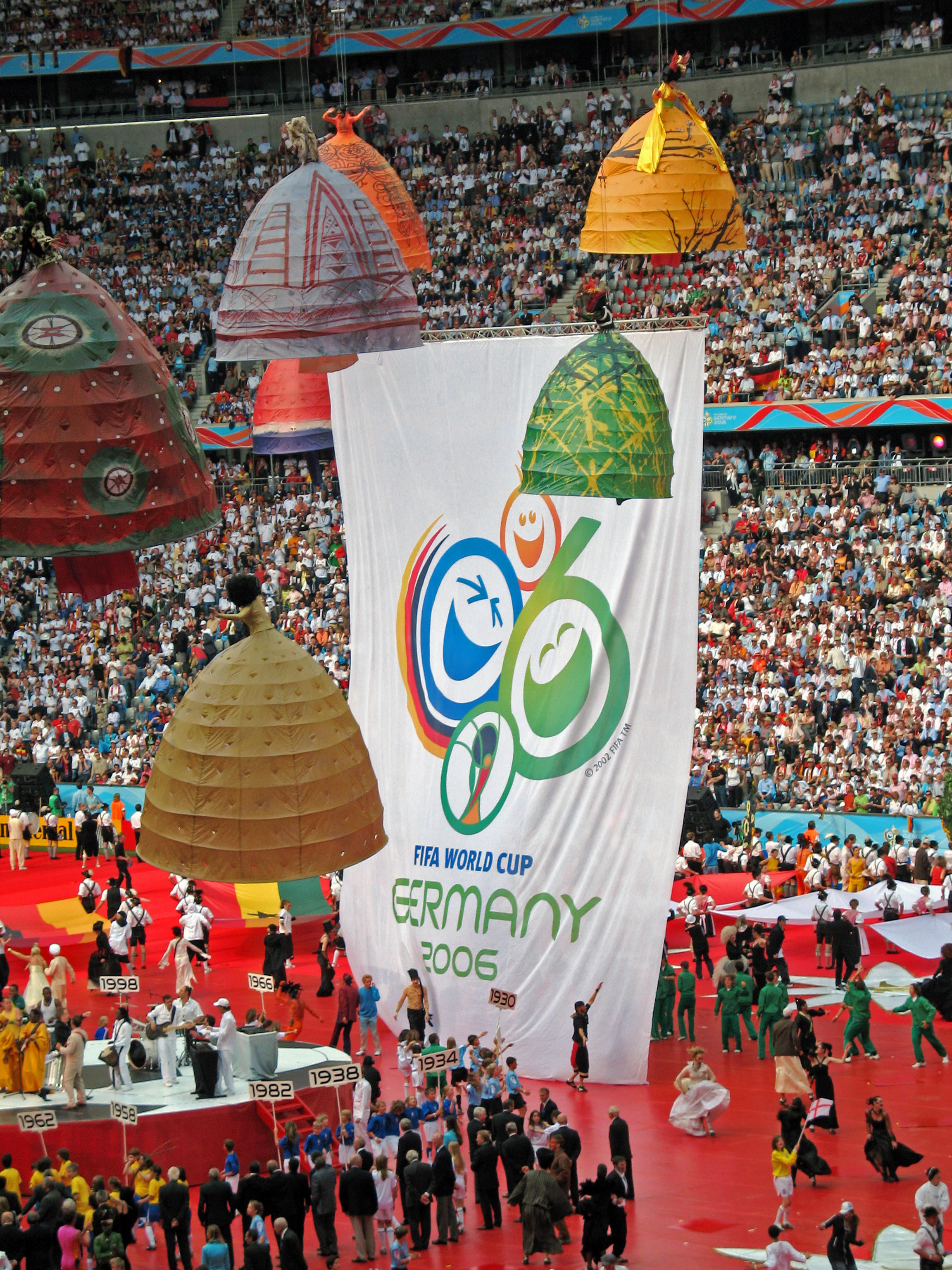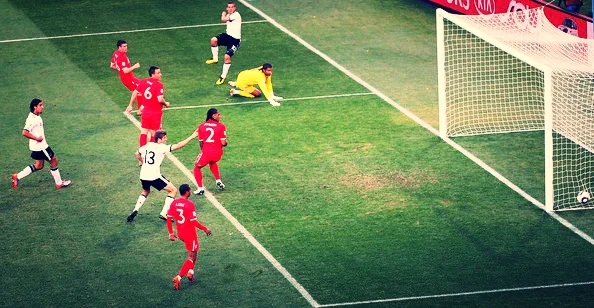How Germany has changed since 2006: Rants, relief and reminiscing
I recently met up in Frankfurt with an English friend I had not seen for a while, who had, like me, moved to Germany in the autumn of 2006. After catching up over a few beers and listening to what we had each been up to since we last saw one another, we started to discuss everything which has changed here in Germany since we have been living here.
Think back for a second to 2006. The world was a lot different then, and so was Germany. On the one hand, it was only 11 years ago; not even a generation. But then think of the one thing which is indispensable to how we live today: The smartphone. It had not yet been invented! The first iPhone was not launched until mid 2007. There was no Facebook (so it did exist, but nobody outside of universities in the States used it), no Netflix, no Skype. Even You Tube and Google Maps were still very much in their infancy. Life as an expat was much different then. Some could say this was a good thing, insofar as it forced people to go out and meet people rather than sit chatting to their friends back home on Skype, looking at baby photos on Facebook or binge watching the latest series in English in Netflix (because let’s face it, you’d have to be REALLY desperate to watch German TV).
Anyway, I’m not planning to hijack Nic’s blog waxing lyrical about how wonderful the technological developments have been over the past 10 or so years. I merely intended to use these examples to show that a lot has happened in the way we live our lives during this time.
What I did want to do was to run through some aspects specifically related to life in Germany which have changed, some for the better, some for the worse, since I moved here 11 years ago.
Germany in 2006 was not the outward looking, confident country it portrays itself as now, sitting at the top of the tree in the EU and essentially calling all the shots in Brussels. The Germany of 11 years ago was still recovering from its post-reunification hangover, which at the turn of the millennium had turned it into the sick man of Europe, seemingly incapable of reform and battling high unemployment, inflated wages and facing a huge bill for the gargantuan infrastructure improvements needed to bring former East Germany up to the standards of the West.
Merkel was one year into her first term, governing in a grand coalition with the SPD (some things I guess didn’t change so much!). Berlin had the cheapest property prices of any Western European capital, where a good apartment in an OK neighbourhood could easily be purchased for around €1,000 per square metre. At the time, that was less than Prague, Budapest and Warsaw, which were all enjoying their own property booms as their respective economies grew quickly.
Unless you were looking in Munich or Frankfurt, finding an apartment to rent in a major city was relatively straightforward, as long as you were willing to pay a real estate agent, or Immobilienmakler in German, the sum of 2.5 months rent for the super hard task of putting an ad on ImmobilienScout and showing you around the place. The Bestellerprinzip law, which was introduced in 2014, has most definitely been a change for the better. Finding a residential parking garage for your car was also fairly easy, as was finding a tradesman to fix your electrics or install your new shower. Good luck with that nowadays unless you live out in the sticks or know a friend of a friend.
A trip to my local Lidl has changed remarkably. From being transported in time back to a shopping experience akin to what it must have been like in the Soviet Union, to what is now a very well stocked supermarket, with a surprisingly good wine section, a nice array of French and Swiss cheeses to choose from, crisps flavours other than Paprika, as well as the occasional treat of British week, when some well missed products from home are dangled in front of me and the cashier looks at me strangely when purchasing 10 packs of fudge. Granted, they still need to comprehend that cheddar is NOT IRISH, nor is it Chernobyl style yellow in colour, but it would be harsh not to recognise a huge leap forward in the choice of products available in the supermarkets. Granted, it’s not Tesco or Sainsbury’s, but supermarkets in general here are heaps better than they used to be.
On the subject of supermarkets, opening times have been extended to 9 or 10 pm, depending on the supermarket and where in the country you are. All major chains (except Penny for some reason) now accept credit cards, I rarely have to wait more than a couple of minutes at the checkout to pay for my stuff, and they mostly now have automated Pfand bottle return machines, meaning you don’t have to interact with a moody employee to give back your empties. Progress indeed.
Another welcome development has been the increasing popularity of bars serving more than one draft beer. It always made me wonder that in the land of Doppelbock, Alt, Helles, Export, Märzen, Kölsch and...okay, you get it, German bars often only used to serve Pilsner from some ubiquitous nationwide chain like Krombacher or Bitburger. Now, while there is still some way to go before German bars serve the variety of draft beers that they do in pubs in the UK or the US, choice has certainly become more widespread and you will often now get the choice of a Hefeweizen or a Helles on draft too.
While I unfortunately just missed the World Cup by a couple of months when I moved here, the country was still high on the adrenaline of the Sommermärchen, or fairy tale summer, from when they played host to the world. Germany has since grown into a self-confident country, happy to take the lead in Europe, almost to the extent of too much some may say. In the time I have been here, we have witnessed the financial crisis, the Greek / Eurozone saga which brought a Eurozone nation almost to the point of a debt default, as well as the mass migration wave of 2015 and its subsequent consequences which will reverberate across German society and politics for at least the next generation. During this time, while Germany has become more dominant in Europe and more outward looking globally, at the same time it has become less safe, more divided and more unequal domestically, all of which culminated in the rise of the populist-right AfD in the recent federal elections.
Other things have not changed so much. It’s still shockingly difficult to pay for a round of drinks or a meal with plastic. Customer service is still unbelievably poor in most service industries. Getting an internet connection in your new home still takes several weeks if you’re lucky, several months if you’re not. People still seem incapable of patiently waiting their turn. The banking system still feels like it’s 15 years behind most other industrialised nations, and I never seem to be in whenever the DHL man delivers me a parcel, despite working from home most days.
Some things which do exist in more liberal economies have yet to even make it to Germany: Sunday shopping, contactless near-field payments, online grocery deliveries and Uber to name but a few.
So, on the one hand there have been some huge changes we have seen during this time, whereas on the other, this is still a country where a stubborn resistance to some aspects of modernisation prevails. It’s therefore nice to conclude with a short list of things which haven’t changed and I hope never will:
- Döner kebabs which taste nice, even when you’re sober.
- Wine festivals throughout the summer which are civilised and raucous in equal measure.
- Pretty blondes in Dirndls drinking beer in Maß (litre) steins.
- An impeccably maintained network of hiking trails and cycle routes.
- A general absence of idiots looking for trouble on a night out.
- Hardly any litter in most parks and public squares.
- People who live within their means.
- Fresh, seasonal produce.
Less obsession with fame and celebrity (yes, there IS reality and “my brain cells are slowly dying” TV, but half the country doesn’t stay in on a Saturday night to watch it).
Despite all of the political instability and technological change around us, I live in hope that these aspects of life in Germany remain the same.











